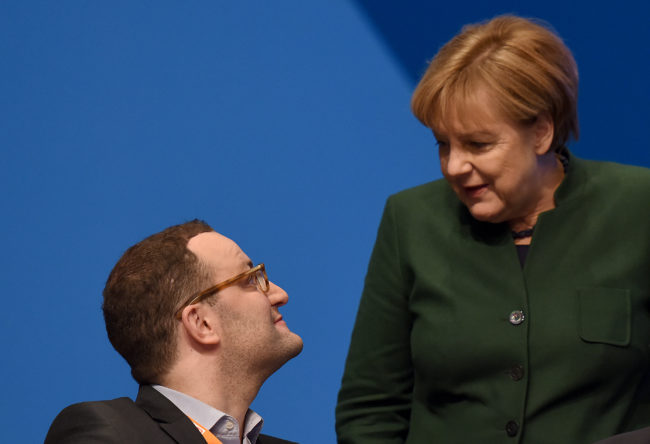Russia is failing to address the gravity of torture use by authorities in Chechnya. That’s the conclusion of the Council of Europe’s anti-torture Committee.
Yesterday, the committee issued a public statement. It urges the Russian Federation to do more to investigate reports of atrocities and an anti-gay purge.
Located in the North Caucasus region, Chechnya is a subject of the Russian Federation.
Its president is Ramzan Kadyrov, who has been in power since 2007. He tends to rule the country in accordance with traditional Islamic social codes, even if these contravene Russian law. Since late 2016, the country has arrested, detained and tortured LGBT citizens. Some men have disappeared, believed murdered.
There has been an international relief effort to help get LGBT people out of Chechnya. Political condemnation led Russian President Vladimir Putin in summer 2017 to say that Russia would investigate the reports. However, no action appears to have been taken.
New wave of atrocities
It was believed that international attention led to Chechnya halting its persecution of gay and bi people. However, late last year reports began to emerge that arrests had recommenced.
The full statement from the Council of Europe’s Committee for the Prevention of Torture and Inhuman or Degrading Treatment or Punishment (CPT) can be read here.
The CPT has issued statements on the use of torture in Chechnya on three previous occasions: 2001, 2003 and 2007. It returned to the region in November and December 2017 to see if the situation remained the same.
‘Regrettably, it is clear from the information gathered by the Committee in the course of those visits that resort to torture and other forms of ill-treatment by members of law enforcement agencies in the Chechen Republic remains widespread, as does the related practice of unlawful detentions which inevitably heightens significantly the risk of resort to ill-treatment, in particular due to the denial of fundamental safeguards.
‘Further, it remains deeply worrying that, in their responses to the CPT’s visit reports, the Russian authorities have failed to acknowledge the gravity of the situation.’
‘A deep-rooted problem’
The statement says, ‘torture and other forms of ill-treatment of detained persons in the Chechen Republic has remained a deep-rooted problem.
‘This speaks not only to a dereliction of duty at the level of the Republic’s authorities, but also to a failure of effective oversight and control at the Federal level. It is clear that the manner in which law enforcement officials in the Chechen Republic deal with persons in their custody must be subject to far closer and more robust supervision.’
The committee notes widespread reports of an anti-gay purge in Chechnya. This includes, ‘abductions, unlawful detentions, severe ill-treatment and extrajudicial killings of a large number of people – including but not limited to LGBTI persons – by, at the instigation, or with the acquiescence of law enforcement officials at various locations in the Chechen Republic.
‘The facts found during [our] 2017 visit lend credence to those claims.’
‘Impasse’
It says the committee has made repeated requests to Russia to carry out investigations.
‘Regrettably, the CPT’s ongoing dialogue with the Russian authorities on this subject has reached an impasse.’
Russian authorities have failed to show evidence to the committee that it is carrying out any investigation.
The committee says Russia must deliver, ‘a firm and unambiguous message of “zero tolerance” of ill-treatment to all members of law enforcement agencies operating in the Chechen Republic. … As part of this message, it should be reiterated that all forms of ill-treatment are absolutely prohibited, and that both the perpetrators of such acts and those condoning them will be punished accordingly.’
‘Intolerable’
The report was welcomed by human rights advocates. Rachel Denber is a Deputy Director with Human Rights Watch, overseeing Europe and Central Asia.
She describes the report as, ‘powerful and important.’
‘It calls out the widespread practice of torture in Chechnya.
‘The Russian authorities’ failure to cooperate with the committee in no way diminishes the importance of this report. It’s essential for an agency that is as authoritative and expert as the CPT to document this intolerable abuse – for the sake of the victims, and the sake of the facts themselves.’
How you can help
Gay Star News is currently running a fundraiser to help raise money to halt the crisis in Chechnya. Money raised will go directly to the Russian LGBT Network to help tackle the crisis and to aid LGBTI people to flee Chechyna and seek asylum elsewhere.





